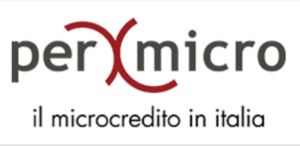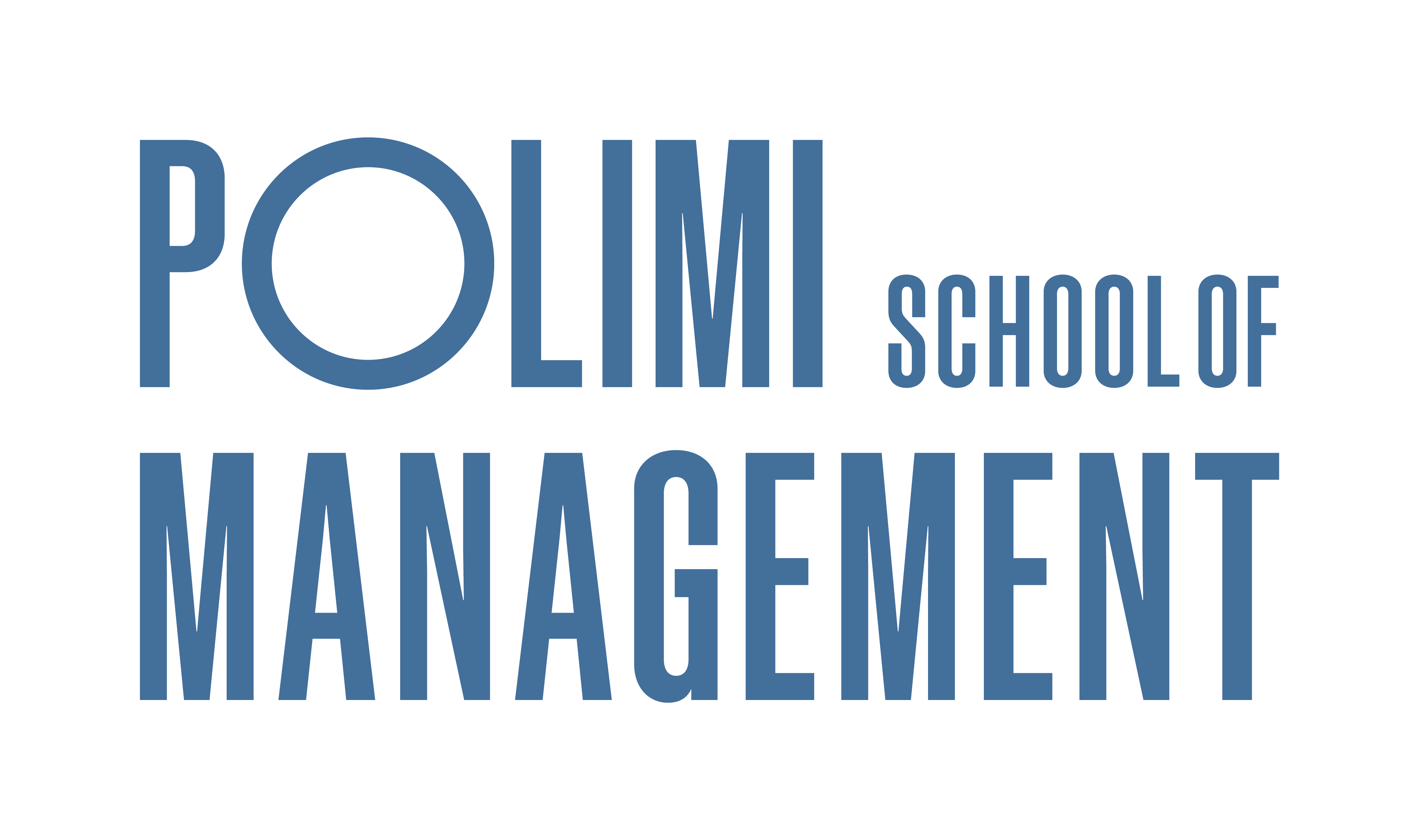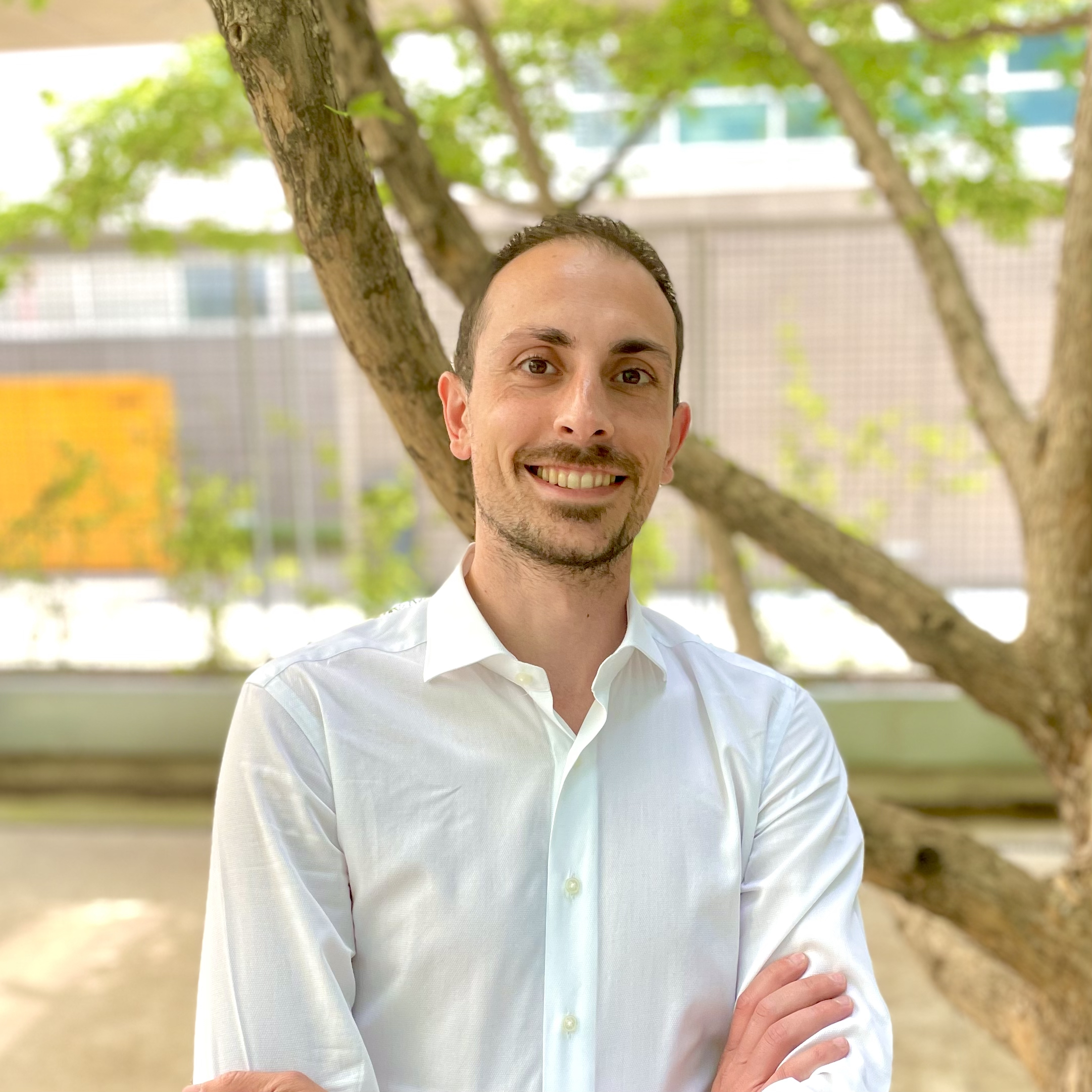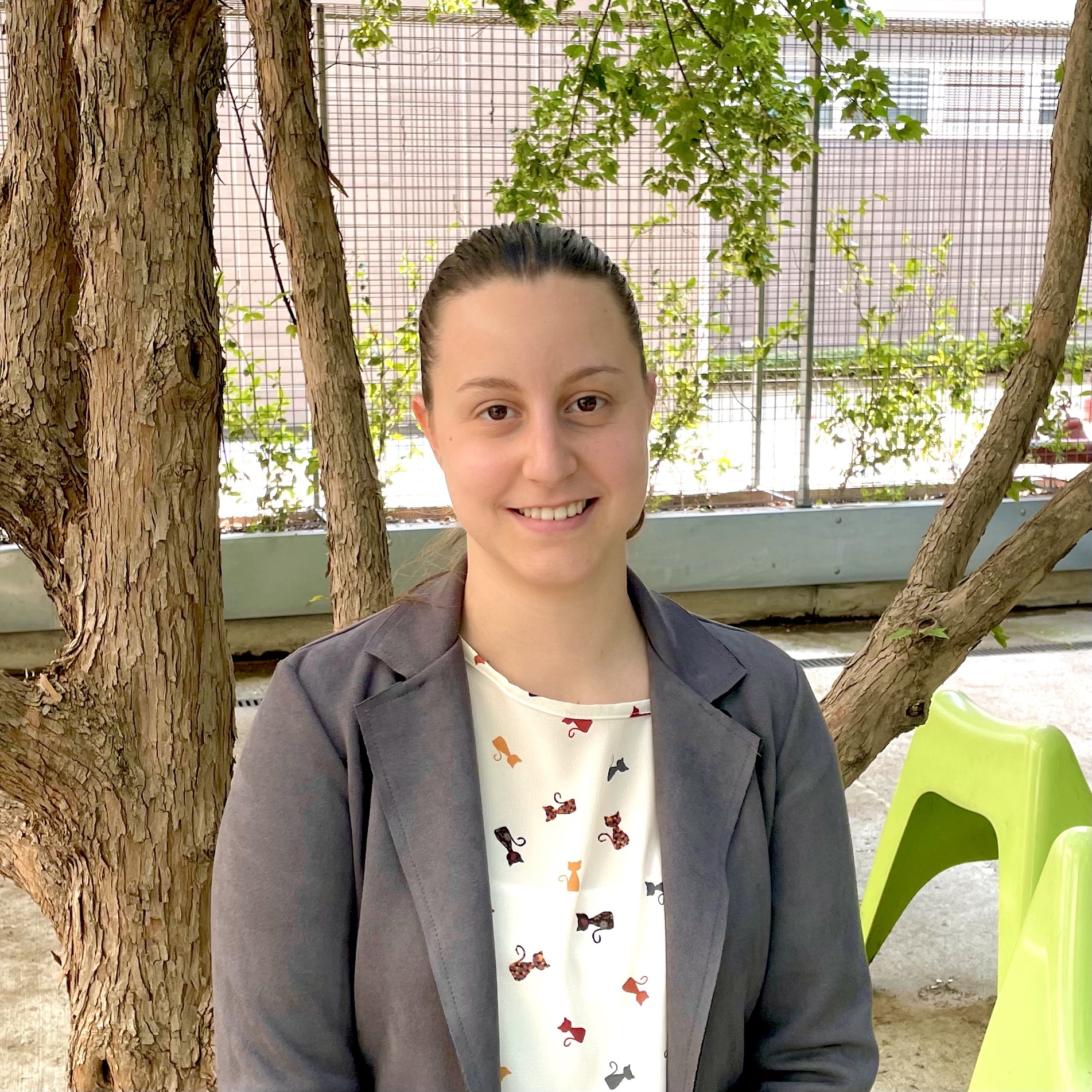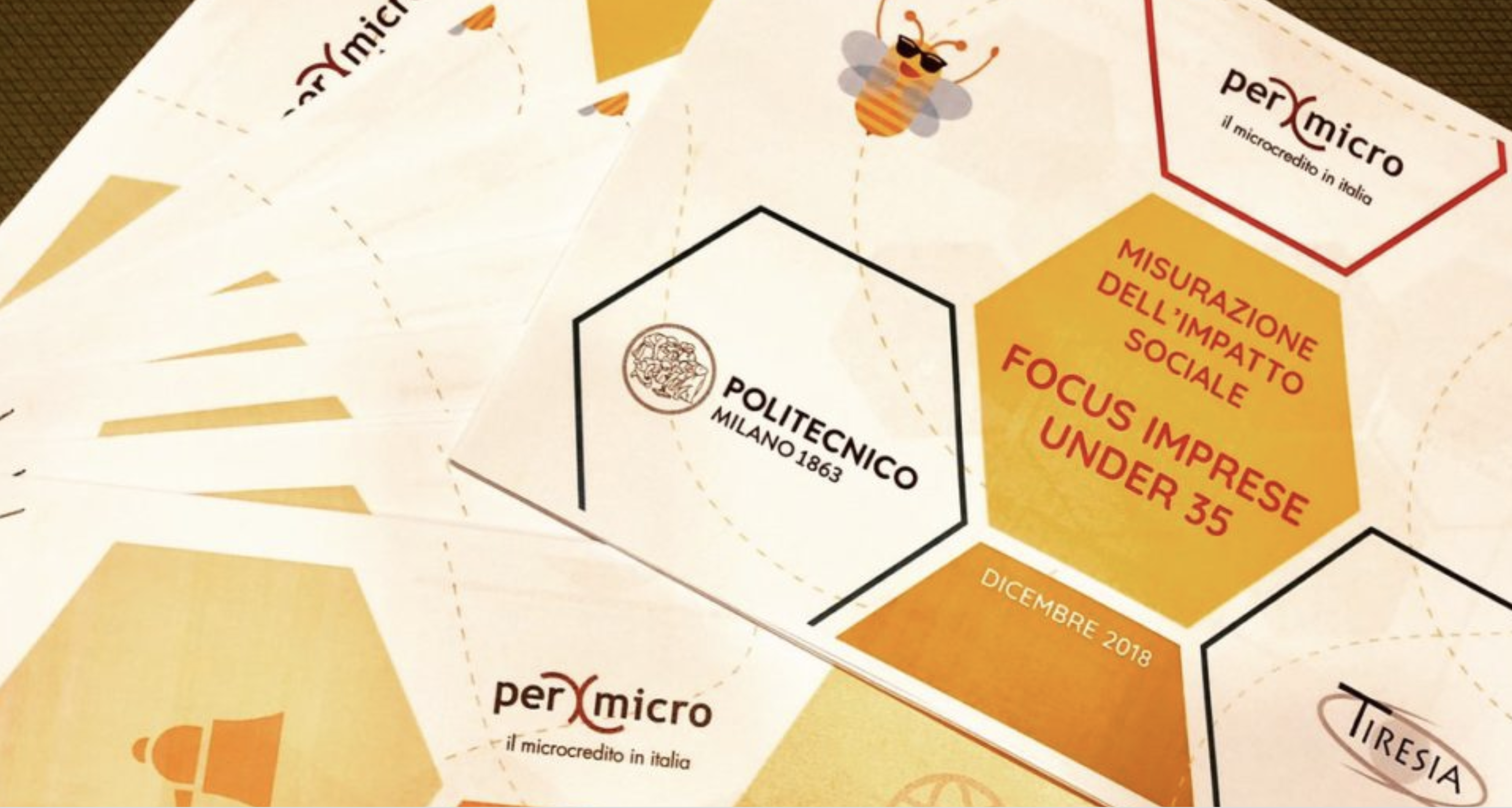
-
Kind of project
-
Research areas
-
Year
2015 – ongoing
Project
PerMicro is the first company in Italy to specialise in the supply of credits and microcredit to subjects excluded from traditional credit channels due to insufficient credit history or precarious working positions. Founded in Turin in 2007, PerMicro offers two types of loans: those for families, specifically designed to address urgent and temporary financial needs related to families and individuals’ primary necessity (e.g., housing, health, training, etc.) and those for small enterprises, developed for the individuals who wish to start or sustain a small business and who have a good business idea.
Through microcredit and training, PerMicro aims to address three primary social needs:
– Promote social inclusion through the inclusion in the credit system of people excluded from traditional credit channels;
– Provide financial support to meet basic family needs;
– Create employment and develop financial and entrepreneurial skills.
Since 2015, Tiresia was involved by PerMicro to define an impact assessment methodology for the evaluation of the social impact generated by its microcredits and to apply the developed methodology. The project was divided into four phases.
The methodology was developed during the first phase by analyzing the literature and a critical review of the tools. The social impact evaluation is based on the Theory of Change through the Social Value Chain tool, with a mix of monetary and non-monetary indicators. After its definition, the methodology was tested by measuring the impact generated by microcredits provided between 2009 and 2014.
With the second phase, the methodology was simplified through the selection of the most relevant indicators. After that, the impact generated by microcredits provided in 2015 and 2016 was evaluated.
The third phase represented the connection between the existing impact measurement methodology (with which the data collection was carried out only ex-post, two year after the provision of microcredit), and a new impact assessment process that provides for the data collection in two distinct moments: one at the time of microcredit provision (ex-ante) and one after two years (ex-post). This change improves the accuracy and reliability of the data collected. This phase, which saw the beginning of the internalisation process of the impact management activities in PerMicro, ended with the drafting of PerMicro’s ten-year impact report.
Finally, the fourth phase, still in progress, involves the application of the new methodology by PerMicro with the support of Tiresia.
Official site
